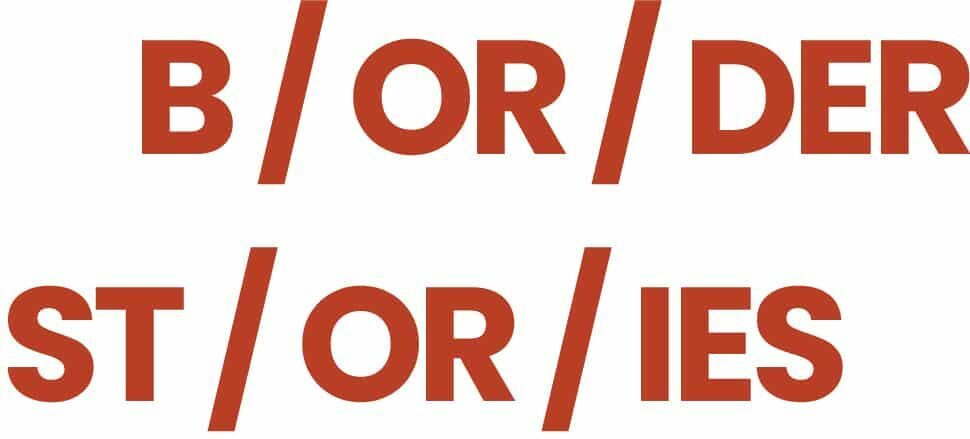Africa and Europe: Close historical connections
Even though most people today regard the separation of Europe and Africa as given, both regions are closely linked historically. As early as the time of the Phoenicians, around 1100 BC, trade relations existed across the Mediterranean. Between the 8th and 15th centuries. Several North African rulers such as the Arab Amazigh dynasties shaped almost the entire Iberian Peninsula and thus the ways of life of people in Europe, which is still noticeable today, for example, in art, science and vocabulary.
Even after the expulsion of Muslims and Jews from what is Spain today in the 15th and 16th centuries, the exchange of goods across the Mediterranean remained significant Over time, however, colonialism and the associated economic exploitation of the occupied regions led to a strong imbalance and hierarchisation between the continents. In North Africa, Spain occupied the fortress of Melilla in 1497. The occupiers set up a checkpoint on the African Mediterranean coast, among other things to prevent a return of the Islamic rulers. Later, other areas were added. This marked the beginning of the violent colonization of the region. This led to Spain controlling northern Morocco as a protectorate power between 1912 and 1956.



